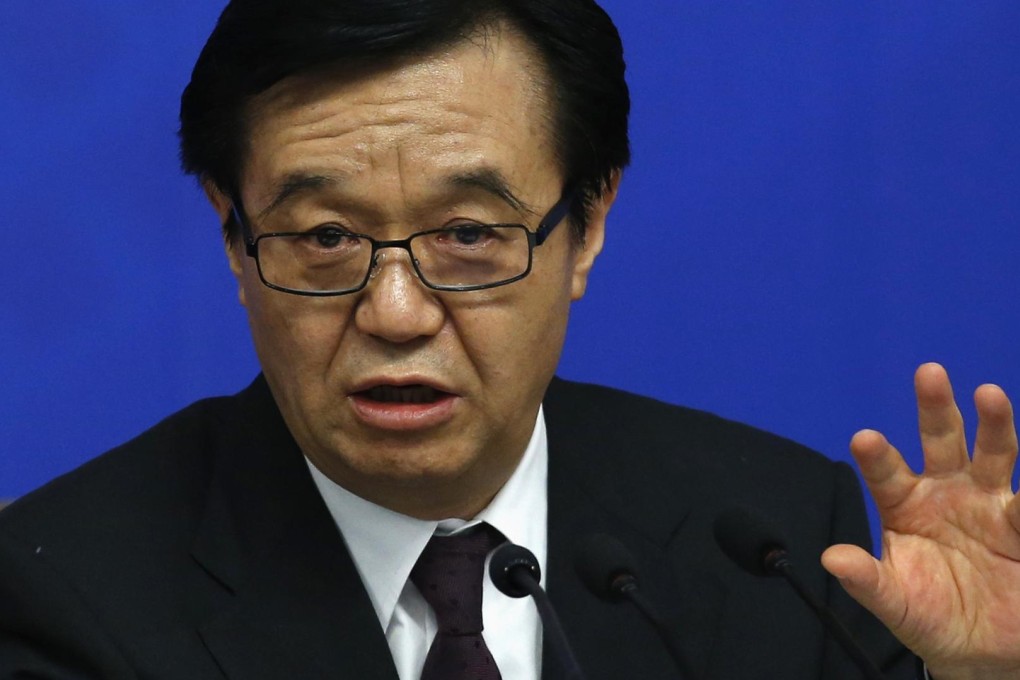The biggest losers: Beijing and Hong Kong economy to suffer from Washington-led free-trade deal
TPP agreement could shave 2.2 per cent from the mainland's gross domestic product and threaten its position as the world's factory

Beijing and Hong Kong are grappling with the impact of a Washington-led free-trade agreement that could deal a blow to their respective economies and shave 2.2 per cent off the mainland's GDP, according to a Chinese economist.
People's Bank of China research bureau chief economist Ma Jun made the forecast in joint research published by the official Shanghai Securities News yesterday, a day after Commerce Minister Gao Hucheng said Beijing would "evaluate comprehensively" the impact of the Trans-Pacific Partnership (TPP) that excludes Beijing.
The mainland and Hong Kong emerged as two of the biggest losers of the deal, which covers about 40 per cent of the global economy and includes their top trade partners including the US, Japan, Vietnam and Australia.
Some economists said the deal, pending further discussion and approvals in the 12 member countries, threatens China's position as "the world's factory".
READ MORE: ‘Competitors who don’t share our values’: President Barack Obama jabs China as he defends TPP deal
"All regional free-trade arrangements can cause some impact on the flow of trade and investment on non-members," Gao said.